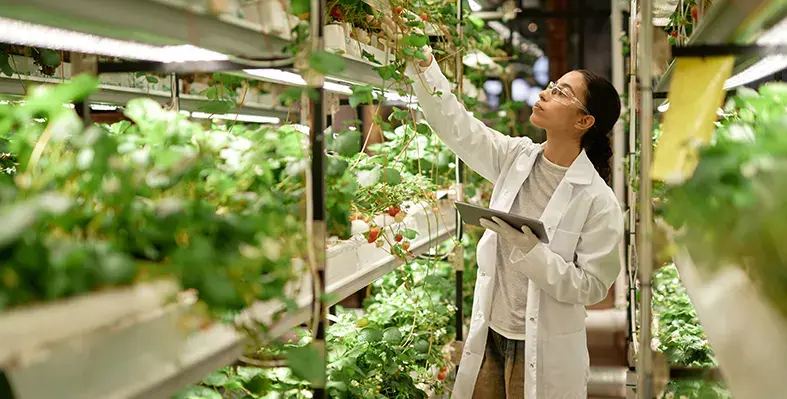In 2013, David Matabaro, a cassava farmer from Ruhango District, lost his entire 26-hectare plantation to the destructive Cassava Brown Streak Disease (CBSD).
He recalls, “I expected to harvest between 30 and 35 tonnes per hectare. I had a supply contract with Kinazi Cassava Plant, but the disease destroyed my entire crops before maturity. All the tubers rotted, and the factory rejected my produce.” In a single season, Matabaro lost 910 tonnes of cassava, valued at Rwf 100 per kilogram at the time.
The outbreak of CBSD severely affected both income and food security for many Rwandan families. Over 700,000 households grow cassava across the country, producing up to 1.7 million tonnes annually. In 2013, cassava production dropped from 3.3 million tonnes to just 656,924 tonnes, before partially recovering to 900,000 tonnes the following year.
Now, there’s hope for farmers like Matabaro as genetically modified (biotech) cassava varieties, resistant to CBSD and cassava mosaic disease, are being developed and tested in districts like Huye, Nyanza, and Bugesera. Athanase Nduwumuremyi, Senior Research Fellow at the Rwanda Agriculture and Animal Resources Development Board (RAB), states, “These biotech cassava seeds are expected to be released to farmers in the upcoming agricultural Season A.” He adds that approval from the Rwanda Environment Management Authority (REMA) is needed for field trials to move forward.
Apart from cassava, Rwanda is also focusing on biotech crops such as Irish potatoes and maize. For potatoes, researchers have developed varieties resistant to late blight, a major threat to Rwandan farmers. "During the rainy season, late blight affects up to 90% of the crop. We spray chemicals at least ten times in two months, but even then, yields are poor," said Adrien Ishimwe, a potato farmer from Musanze. The goal is to create potato varieties that reduce the need for agrochemicals.
For maize, Rwanda is working on drought-resistant varieties and those resistant to pests like fall armyworm. Jeanne Nyiramuhore, a maize farmer from Kirehe District, said, “We apply three types of pesticides, but when armyworms spread widely, the chemicals often fail.”
Rwanda plans to roll out these three biotech crops by 2025, supported by over US$9.8mn from the Bill & Melinda Gates Foundation. These efforts are in line with Rwanda’s commitment to adopting biotechnology in agriculture, following examples set by countries like Nigeria, Ghana, and South Africa. The African Agricultural Technology Foundation (AATF) emphasizes that these technologies will be royalty-free, making them accessible to smallholder farmers at low or no extra cost.
Biotech crops could play a significant role in increasing food production and improving food security across Africa, potentially reducing the continent’s US$50bn annual food import bill. Rwanda has already passed a biosafety law and is committed to ensuring the safety of these GMOs through REMA’s regulation.





